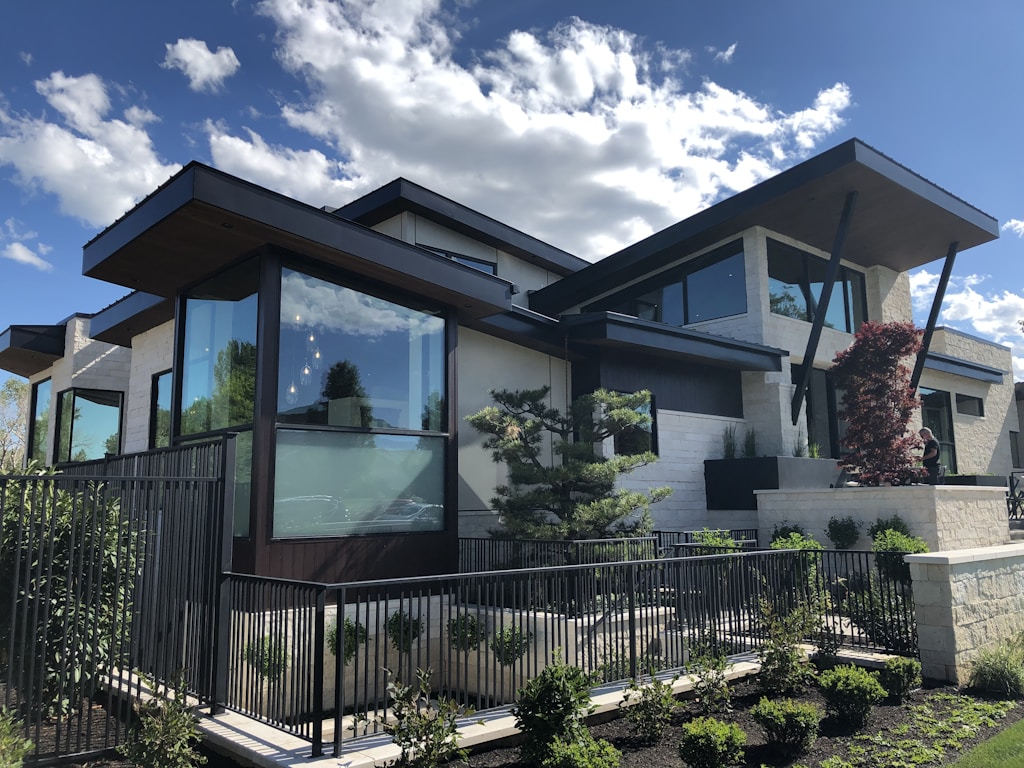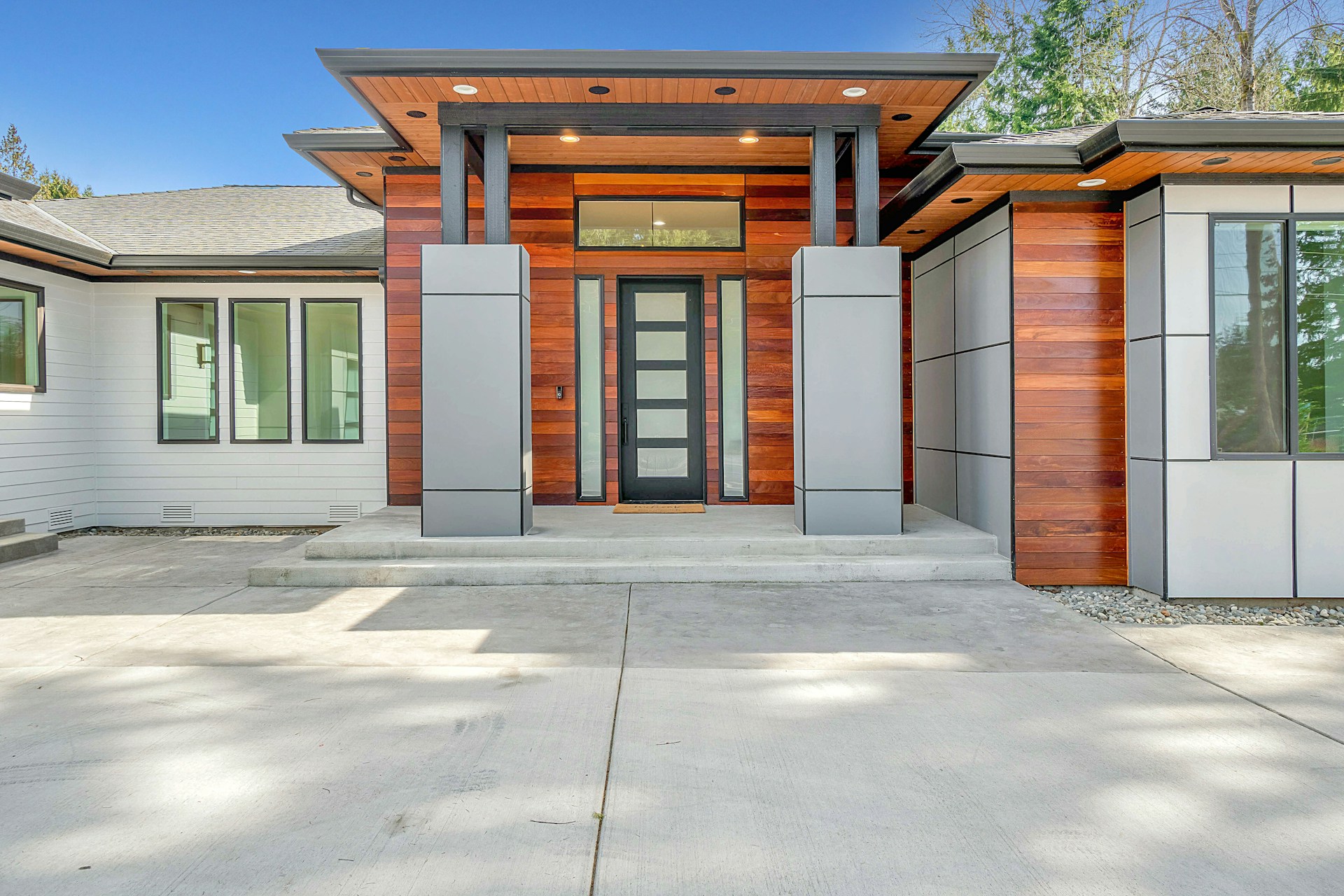Owning a new home is a great financial decision one can make. However, saving money to purchase your preferred home can take several years. Therefore, banks and financial institutions provide mortgage services to help you acquire a property.
A mortgage is a loan type used to purchase or maintain a home. In this case, the lender finances the property, and the borrower agrees to make monthly payments comprising the principal amount and interest. The property purchased acts as collateral in case the buyer defaults on payments.
When applying for a mortgage, the borrower must choose their preferred lender and ensure they meet all requirements. These requirements include credit scores and down payments. The applications go through various processes before reaching the closing phase.
Mortgage loans have limits set by the FHFA. Therefore, conventional mortgage loans may not be appropriate when purchasing a high-value home. Most people opt for multiple loans to buy the property, which might be expensive.
However, different lending institutions offer jumbo loans to help buyers purchase properties whose value exceeds the government’s loan limit. This loan type helps users avoid taking multiple loans, which might create complications if one defaults on payment.
What is a Jumbo Loan?
Conventional mortgage loans can be classified as conforming and non-conforming loans. Conforming loans are loans that adhere to the limits set by FHFA. Fannie Mae and Freddie Mac are the two government institutions that purchase mortgage loans. The limits set vary from one state to the other.
A jumbo loan is a mortgage exceeding the limits of conforming loans. They are considered non-conforming since they have no guarantee from Fannie Mae and Freddie Mac due to the high risks involved. Jumbo loans are designed to finance high-value properties that exceed the limits set by the two government institutions.
Due to increased risks, borrowers must meet stricter requirements before qualifying for a loan.
What is the Jumbo loan Minimum Amount of 2023?
Jumbo loan limits vary from one state to the other. They are high in high-value states such as California, Hawaii, New York, and Francisco, which have high living standards. In 2023, Fannie Mae and Freddie Mac increased the loan limit to $726,200 in most counties.
However, in high-cost areas such as Washington DC, New York, and Los Angeles, the limit is $1,089,300. Therefore, any mortgage loan exceeding the limits is a jumbo loan.
What are the Requirements for a Jumbo Loan?
Jumbo loans come with several risks to the lender and borrower. Lenders need to be sure that their loans will be repaid in case of financial hardship. On the other hand, borrowers must prove their ability to pay the loan and be in good financial health.
Borrowers need to meet specific requirements to prove their financial viability. These requirements include:
Good Credit Score
A credit score is a prediction of your credit behaviour. It shows the lender how likely you are to pay a loan within the required period. Lenders use a complex mathematical formula known as the scoring model to develop credit reports.
Some of the information used to determine your score include:
- Your bill-paying history
- Current unpaid debts
- The number and type of loan accounts
- How long have your loan accounts been open
- How much available credit are you still using
- New credit applications
- Do you have any debts sent to collection, foreclosure, or bankruptcy
Jumbo loan borrowers need to prove their ability to pay the loan by having a higher credit score. For conventional loans, the credit score is slightly lower than for jumbo loans. Most lenders require one to have a credit score of at least 620. Some may lower their limit to 580 depending on other factors, such as the borrower’s cash reserve.
However, for a jumbo loan, borrowers need to score a minimum of 700. Therefore, lenders will review your credit report and check for any negative items such as bankruptcy, foreclosures, or delayed payments.
For any person facing foreclosure or bankruptcy, it will take approximately 7-10 years before being cleared. However, lending companies such as District Lending can go as low as 680. However, a lower credit score comes with high interest.
District Lending also allows people with re-established credit scores to explain their derogatory terms. Therefore, people facing foreclosures or bankruptcies do not have to wait seven years to get a jumbo loan with the District Lending Company.
Debt-to-Income Ratio
The debt-to-income ratio is the total monthly debts divided by your gross monthly income. Lenders use this number to measure your ability to repay, and lenders have varying DTI limits.
The recommended DTI for conventional loans is 43%. However, borrowers need to have a DTI of not more than 36% to qualify for the jumbo loan. Though, a good credit score at District Lending may make up for a high debt-to-income ratio. People with high cash reserves may still qualify for a jumbo loan even with a high debt-to-income ratio.
Cash Reserves
Borrowers need to prove that they have sufficient funds for several months or years to safeguard against unexpected expenses. However, the amount varies from one lender to the other. Other factors such as credit score, DTI, property type, or the number of homes financed may influence the amount of money you need in your cash reserve.
District Lending Company asks for a minimum of six-month proof of cash or liquid assets.
Down Payment
Conventional loans have lower down payment requirements of 3% to 5% of the property value. However, for jumbo loans, borrowers must pay at least 20% of the property value as a down payment. The down payment requirement for a jumbo loan is higher because:
- The loan amounts are greater than $726,200 in some states and greater than $1,089,300 in high-value states
- The government does not guarantee jumbo loans
- Lenders make huge losses in case the borrower defaults on payments
However, some lenders, such as District Lending, accept low down payments of up to 10%. Nevertheless, lower down payments come with extra costs such as:
- High monthly instalments
- A higher interest rate
- Private mortgage insurance
How to Qualify for a Jumbo Loan
Once you meet all the requirements for a jumbo loan, it is important to identify whether you qualify. Banks and lending institutions review various documents and reports to determine your qualifications. Some of these documents include the following:
Proof of Income
Proof of income helps lenders to determine the source of funds to cover the down payment, closing costs, and cash reserves. Some of the main documents used to determine proof of income include:
- Tax returns for the past two years
- One-month recent pay stub
- Bank statement for the last 60 days
- Profit or loss statements for entrepreneurs or private company owners
- Proof of additional income sources such as bonuses, commissions, and investment income
Appraisals
Appraisals are requirements for any mortgage loan. Appraisals ensure that you pay the right value for a property. Therefore, lenders will not accept paying more than a home is worth.
Jumbo loans involve higher amounts of money transactions than conventional mortgages. Therefore, the appraisals undergo special scrutiny. Some lenders will require two appraisals if the loan amount is too high. The threshold for a second appraisal rose from $1 million to $1.5 million.
The increase in the limit has simplified the application process making it faster.
Loan-to-Value
Lenders use the loan-to-value ratio to determine whether to disburse the loan and how much down payment the borrower needs. It also helps gauge the interest rate. The ratio is calculated by dividing the loan amount by the purchase prices or appraised value.
A low LTV helps lower the interest rate, and a lender may decide not to finance if the LTV is high. Jumbo loans LTV are stricter than conventional mortgages. Lenders may need an LTV of 80% or lower, meaning they cannot finance more than 80% of the purchase price.
How to Apply for a Jumbo Loan
Applying for a jumbo loan is similar to applying for a regular mortgage. It involves five main steps, which include:
- Gather all necessary documents
- Find the right lender
- Find a home and make an offer
- Apply for the loan
- Close on your new home
Obtain all Necessary Documents
Lenders require different types of paperwork before approving your jumbo loan request. Most applications are delayed because people do not have the right paperwork ready. Therefore, the best thing to do is obtain all the necessary documents before starting the loan process. This paperwork includes the following:
- Tax return documents
- Pay stubs
- Self-employment records
- Account records
- Proof of funds
Find the Right Lender
Purchasing a new home is a big investment. Therefore, finding the best lender to finance your investment is important. In competitive real estate markets, homebuyers will get multiple offers. People with pre qualification letters can easily apply for a loan.
Some of the things to look for when choosing a lender include:
- The amount of time the lender takes to process your loan
- Location of the lender
- The minimum requirements by the lender
- The current interest rate
Identify a Home and Make an Offer
Start shopping for your new home once you prequalify for a jumbo loan. Previous homebuyers are aware of competitive markets. However, one should avoid offering too much even if one can afford it. Lending institutions such as District Lending will require an appraisal to determine the property’s real value.
Close on your New Home
Closing is the last step in the jumbo mortgage application process. The lender performs a final review to ensure everything is in order before disbursing the fund. It is important to avoid large withdrawals before loan closure as it may affect your application.
Since jumbo loans are high risks, they may take longer due to extra verification steps.
Are you Considering a Jumbo Loan for Your Home Purchase?
A conventional mortgage may not be enough to buy a high-priced home. Most people opt for a jumbo loan, a mortgage type that exceeds the limits set by the FHFA. Therefore, Fannie Mae and Freddie Mac do not guarantee jumbo loans.
Jumbo loans come with stricter requirements due to the risks around them. Therefore, borrowers must be creditworthy before applying for a loan. Applicants need to have a higher credit score with a low DTI. However, District Lending has flexible lending requirements to help people obtain new homes. Visit the official website today and get in touch with one of the most qualified loan officers.
Frequently Asked Questions
What is the Current Jumbo Loan Limit?
A jumbo loan is any mortgage loan that exceeds the limit set by FHFA. The maximum loan limit is $726,200 in most parts of the U.S. However, in high-priced states, the limit increases to $1,089,300. The maximum loan varies between lenders. Some of the best lenders offer up to $3 million.
What are the Requirements for a Jumbo loan?
Jumbo loans have stricter requirements than conventional loans due to the high risks involved. Some of the main requirements needed by lenders include the following:
- A high credit score
- A low debt-to-income ratio not exceeding 43%
- 20% down payment
- High cash reserves
What are the Steps for Applying for a Jumbo Loan?
Applying for a jumbo loan is similar to applying for a conventional loan. The steps include:
- Gather all necessary documents
- Find the right lender
- Find a home and make an offer
- Apply for the loan
- Close on your new home






